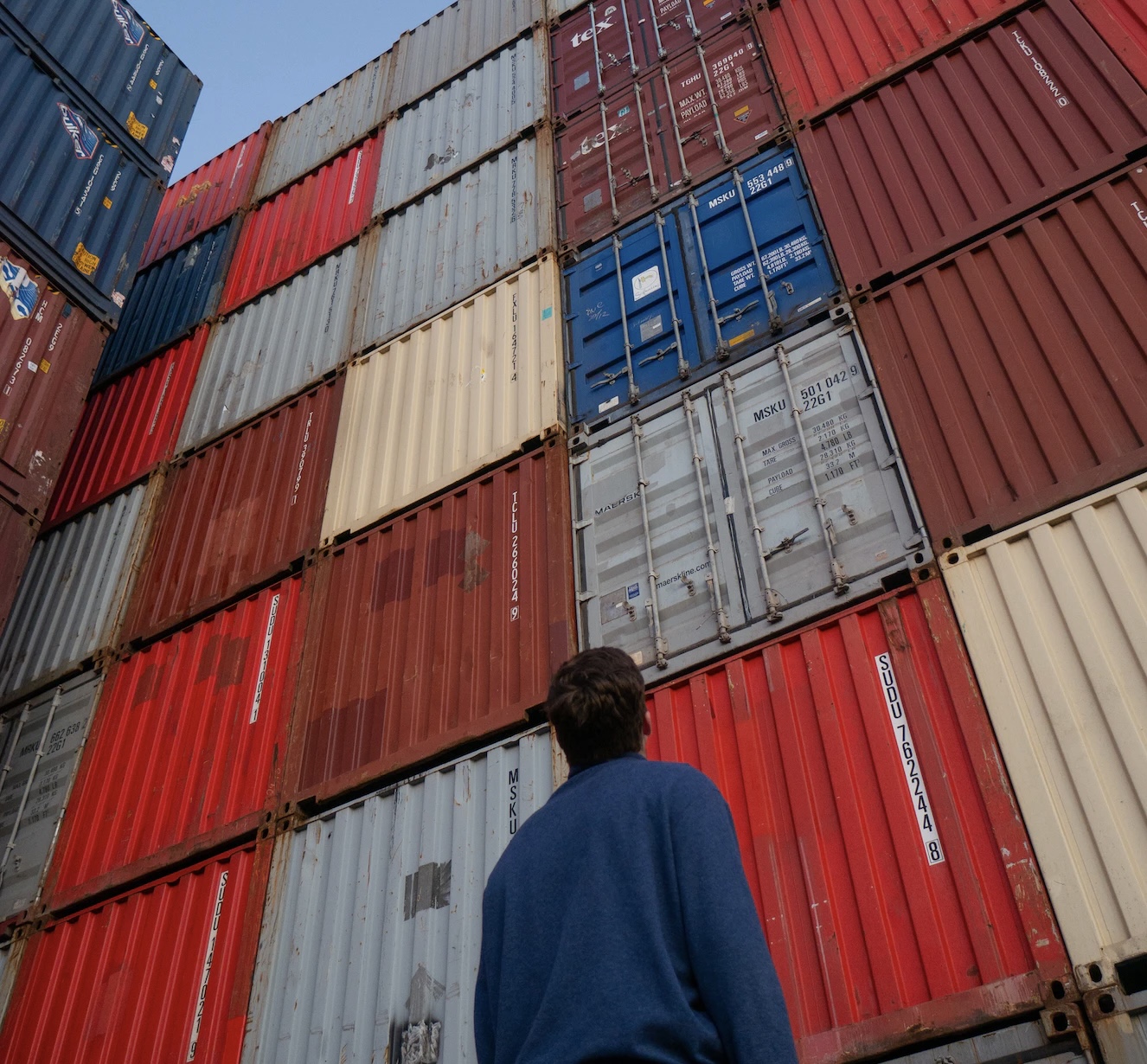Deflation and debt: New clouds over China's economy
In July, both imports and exports collapsed in China, and inflation was negative. The huge amount of debt is a major obstacle to future growth. The crisis in the real estate sector shows no sign of stopping. The authorities are trying to stimulate consumption, but the effects of the measures are said to be limited.
Beijing (AsiaNews) - With leading inflation indicators in China registering a negative sign, the second largest global economy is facing the risk of deflation and the recovery is stalled.
Official data show that the consumer price index fell by 0.3 per cent in July, while the production figure dropped by 4.4 per cent. Both imports and exports plummeted by more than 10%. Moreover, huge debts and massive insolvencies are haunting the economy.
China's CSI300, an index tracking the stocks of major companies listed in Shanghai and Shenzhen, fell 2.97% last week. Without adequate inflation to help companies' ability to invest in future growth, the stock market could remain sluggish.
At the end of July, the Communist Party Politburo, China's highest decision-making body, promised a favourable policy for private companies, however, stock market gains after the announcement fell precipitously in August.
The rebound in consumption after China abandoned its zero-covid policy did not last long. On the contrary, lacking the social safety net, people became more cautious in their spending.
Personal deposits reached an all-time high of 133 trillion yuan (just under EUR 17 trillion) in June, but household savings dropped the following month. In a deflationary environment, people are more cautious about spending, expecting lower prices in the future.
Analysts warn that if consumers postpone purchases, companies may lower prices and sacrifice profits to attract consumers, resulting in a vicious circle.
Meanwhile, the crisis in the real estate sector continues. Country Garden, one of China's largest real estate companies, reported losses of EUR 6.9 billion in the first half of this year.
The company missed two bond coupons due last week, confirming fears that the company is slipping into payment problems. Another real estate giant, Evergrande, which revealed it will lose USD 81 billion (EUR 74 billion) in 2021 and 2022, is grappling with atronomic debts, estimated at USD 300 billion (EUR 274 billion). The real estate industry accounts for almost a third of China's GDP and the fallout from the crisis could affect the wider economy.
Sales of new-build properties by China's top 100 builders plummeted 33% in July. The series of real estate insolvencies and unfinished buildings have triggered widespread panic since last year. JP Morgan estimated that real estate sales could drop by more than 80% in the second half of this year, as potential home buyers are frightened by the turmoil.
Beijing is obsessed with the huge amount of debt. Local governments are estimated to have 94 trillion yuan (EUR 11.8 trillion) in debt. China's State Council, the central government, has sent working groups to 10 provinces with the worst financial situation to examine their books, inspect hidden unbudgeted liabilities and find ways to deal with the debts.
The groups will report to Premier Li Qiang. It is said that the groups will push politics and commercial banks to extend loan maturities and lower interest rates, and that local governments may be asked to sell their assets, but there is no mention that the central executive will bail out local governments.
Chinese credit growth weakened due to the sluggish market. New bank loans in July plummeted 89% from June, dropping to the lowest since 2009. The Central Bank cut key interest rates by 10 basis points in June and analysts expect further cuts later this year, but the effects of the stimulus may be very limited.
Chinese policymakers have announced measures to promote sales of household appliances and passenger vehicles. China is also planning to relax restrictions on the household registration system, the Hukou, to lower the settlement threshold in large cities.
The consensus view is that Beijing expects a renewed boost to the slumping real estate market thanks to the new policies put in place. But with unemployment figures high, the ability of large cities to attract young people is diminished.
US President Joe Biden warned that the Chinese economy is a 'ticking time bomb'. Immediately the official Chinese agency Xinhua responded that China has sufficient alternatives to spend to cope with the situation.







.png)










